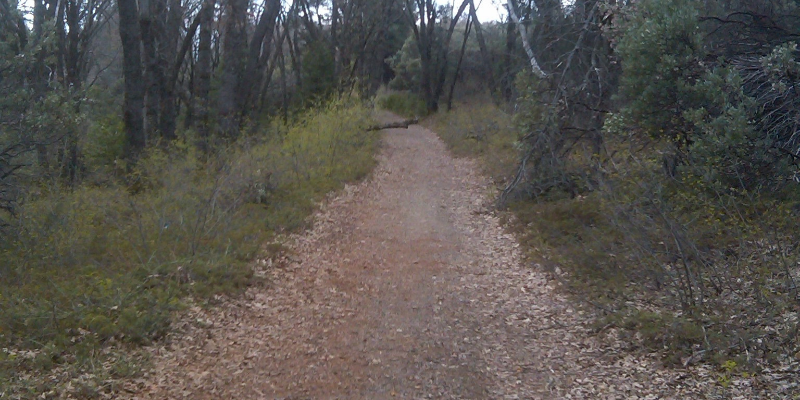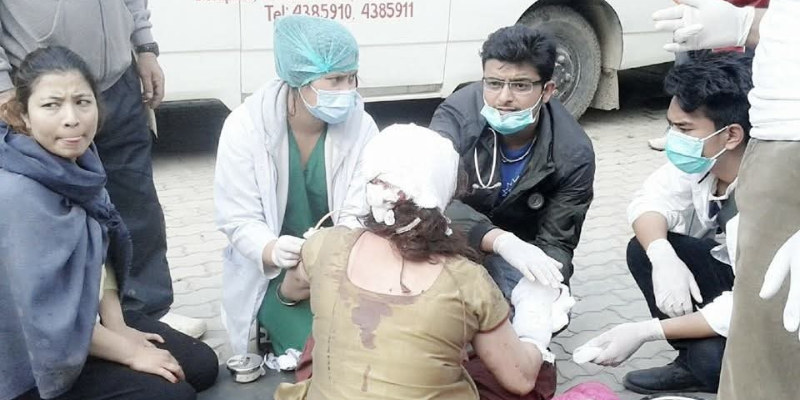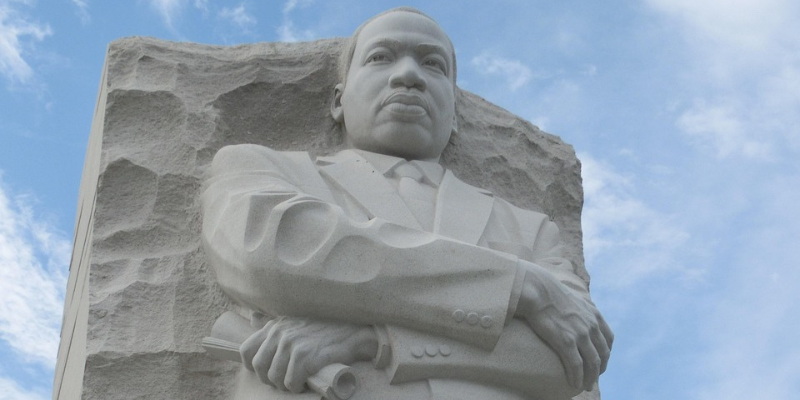My interest in emergency medicine predated my time and medical school. I remember reading a book called Emergency Doctor as an undergraduate and becoming fascinated with the idea that there were doctors out there prepared to treat any medical condition in patient who they’d never met before at all times of day. The opportunity to make critical decisions quickly with limited amounts of data had strong appeal, and I felt it was a good fit for my personality. I like making quick decisions, doing multiple things at once and helping people By the time I finished medical school it was clear that emergency medicine was the right specialty for me.
Over the next 20+ years, I continued to work in the emergency room and for the most part enjoyed my time. It was challenging, difficult patients, bad outcomes and changes in processes that all led to frustrations, but I still felt like it was a fulfilling career and I was making a difference. However, there were parts of the job that gave me pause. As more and more patients came in for less and less emergent conditions, there was a change in focus where we were asked to see more and more less sick patients. When I chose emergency medicine, I recognized I was never going to build lasting relationships with my patients. But I felt like I was pushed to evaluate and to sort as “needs emergency care” or “ready for discharge” was taking its toll. I was losing my skills to connect with patients on any level. This left me feeling like a bad doctor.
As I tried to work through my frustration, I started to look for new opportunities where I could learn and grow my skills in building patient relationships. When I started investigating the Masters of Science in Palliative Care, I realized that it would provide me with the growth opportunity that I was looking for. It would provide me with a new area of knowledge where I could focus on learning. It would help me develop the skills in building meaningful patient relationships. And it could provide me with a new career focus that would be very different and possibly very rewarding. I was thrilled to begin the program last year.
Over the past year and a half in the program I’ve learned a lot about how to get to know patients, how to be curious and how to interact with them to help live their life for the best qualities that they can. It’s been a very rewarding experience and I feel that I’ve grown a lot as a provider. I have seen how I can integrate these skills in my practice and the value in teaching these skills to our learners. However, as I near the end of the program and I start to think more and more about pursuing additional clinical training that would allow me to become board-certified and palliative care, I have started to recognize that this would be a big career change and would result in a very different focus very different opportunities and very different challenges. Initially, I was very enthusiastically looking forward to the change and considered the new opportunities as a way to extend my career. But over the past few months, I’ve started to recognize that the frustration I had in the emergency department will likely simply take a new form in palliative care. How often will patients expect more despite my giving them the best information and opportunities as possible? How often will decisions be delayed with no effect on the ultimate outcome and likely causing more suffering? How much of my practice would be limited by the resources of my patient? For now, I think the best course of action will be to continue to live with the job know and integrate my new skills into my current practice. But I am thankful that I took the opportunity to grow and I know I will be a better doctor because of the program. I will continue down the same road but with a new perspective.
Want to know more about our Palliative Care Education programs? Click below:
Interprofessional Palliative Care Certificate
MS-Palliative Care
Community Hospice and Palliative Medicine Fellowship



